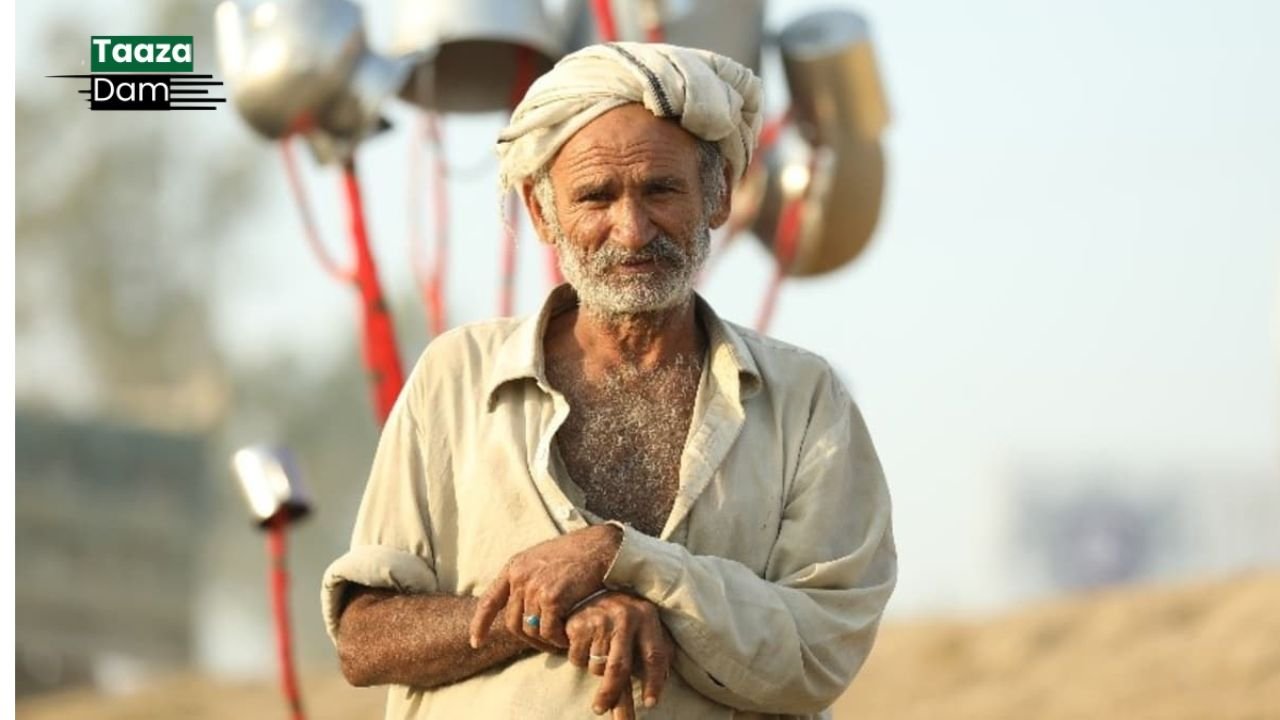World Bank Declares 44.7% of Pakistanis Living in Poverty

A recent report by the World Bank reveals a concerning statistic: 44.7% of Pakistan’s population is currently living below the poverty line. This significant figure underscores the escalating economic challenges facing the nation.
Revised Poverty Benchmark
The World Bank has updated the poverty threshold for lower-middle-income countries like Pakistan to $4.20 per person per day. Under this new benchmark, nearly half of Pakistan’s citizens are classified as impoverished.
Economic Factors Contributing to Rising Poverty
Several key factors have contributed to this alarming rise in poverty:
- High Inflation: Persistent inflation has eroded purchasing power, making basic necessities unaffordable for many.
- Stagnant Economic Growth: With an economic growth rate of just 2.6%, the pace is insufficient to create adequate employment opportunities and lift people out of poverty.
- Population Growth: A nearly 2% annual increase in population adds pressure to already strained resources, leading to an estimated 1.9 million additional people falling into poverty this year alone.
Comparative Analysis with Previous Data
In the fiscal year 2024, the poverty rate stood at 42.3% based on a threshold of $3.65 per day. The current increase to 44.7% indicates a worsening economic situation, despite efforts to stabilize the economy.
Call for Immediate Action
The rising poverty levels call for urgent and comprehensive measures:
- Economic Reforms: Implementing policies that stimulate growth and create jobs.
- Social Welfare Programs: Expanding safety nets to protect the most vulnerable populations.
- Inflation Control: Adopting monetary policies to stabilize prices and preserve purchasing power.
Conclusion
The World Bank’s findings serve as a stark reminder of the challenges Pakistan faces. Addressing the root causes of poverty through targeted economic and social policies is imperative to improve the livelihoods of millions and ensure sustainable development.






